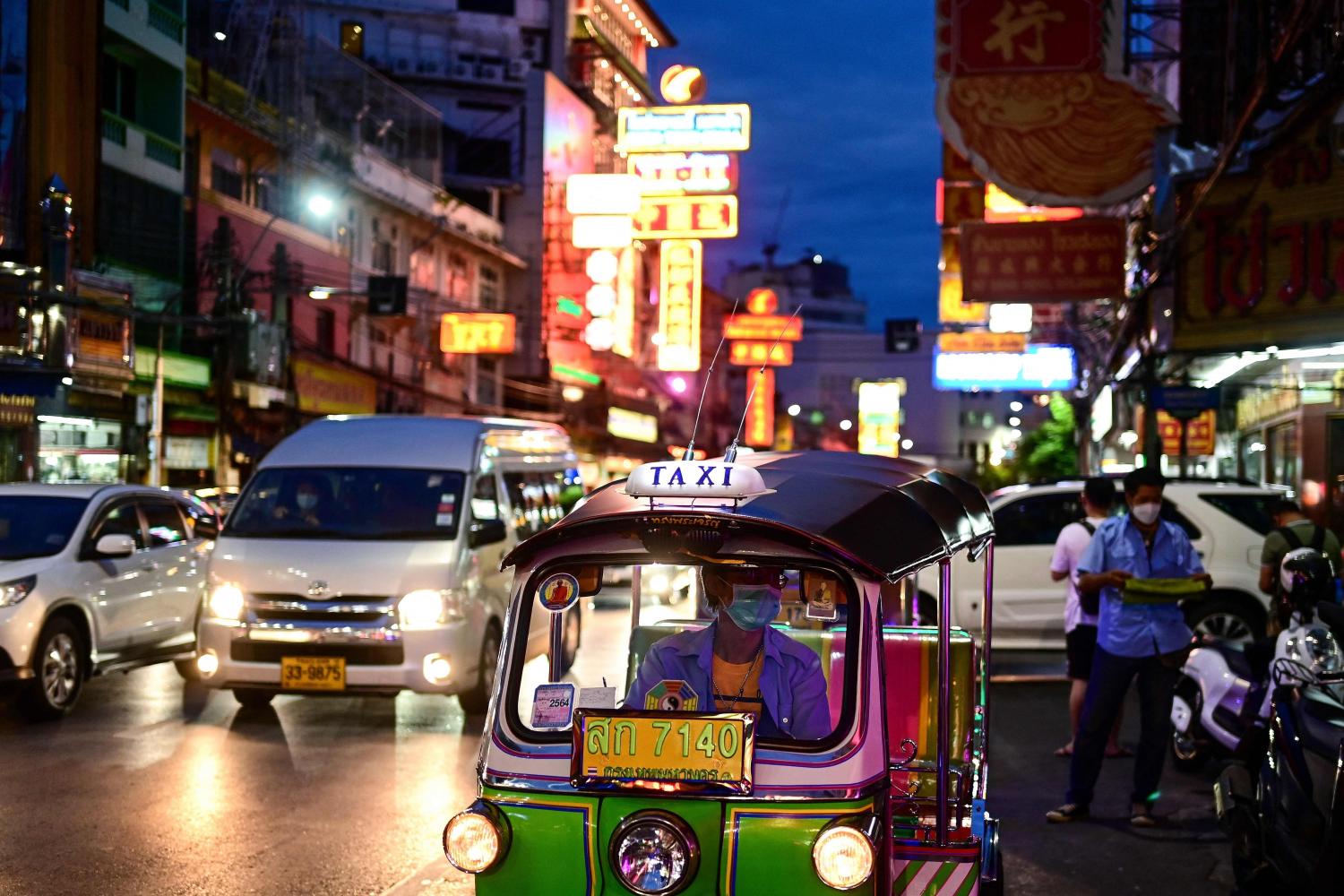
Hoping to give tourism a boost in the post-pandemic era on Oct 1, the government has revised its visa rules, extending the validity of certain visas to entice foreign tourists to travel to the kingdom. But the move, while noteworthy, still falls short of the mark.
According to government spokeswoman Traisulee Traisornkul, the rules set to take effect on Oct 1 will allow passport holders who are eligible for a visa upon arrival to stay for up to 30 days instead of 15 at present. At the same time, visa-free stays for people from countries that have bilateral agreements with Thailand will be extended from 30 to 45 days.
The changes, well received by the tourism sector, will remain effective until March 31. Clearly, this is a prime opportunity to revivify tourism, a key engine powering the economy. Before Covid-19 struck in January 2019, the industry accounted for 12% of GDP.
Agoda, the Asia-focused online travel platform, noted how Thailand ranks among the first countries in Asia for a tourism rebound from the pandemic, with positive signals from foreign as well as domestic travellers following the easing of related restrictions.
It said the search rate among prospective inbound travellers has been rising since the beginning of this year, sending a beacon of hope to tourism-related operators.
But the state must not stop there. It must invest more in improving tourism-related infrastructure, particularly in the travel sector.
For a start, it's common knowledge that travelling in Bangkok can be an exercise in frustration due to the heavy congestion and air pollution. Many tourists complain about being ripped off by taxi drivers who refuse to turn on their meters, not to mention the frequent overcharging by tuk-tuks.
The latest case of a cheating tuk-tuk driver who was fined this month for being rude and aggressive toward a Singaporean couple is just one glaring example of this malaise.
Resolving it requires strict law enforcement by the authorities. If not, such bad behaviour will undermine Thailand's reputation for first-class hospitality and taint the country's image.
Meanwhile, public bus services in Bangkok are also substandard in terms of lack of punctuality, vague timetables, and a lack of route data in English.
There are also issues with the inconsistent spelling of destinations, which can cause misunderstandings and make it hard for tourists to plan their day's itinerary.
Tourist provinces like Phuket, where buses and other forms of public transport are thin on the ground, are notorious for exploiting this to subject tourists to rip-off prices. Moreover, it's an open secret the "taxi mafia" control their respective territories and don't take kindly to competition.
As a long-term measure, the state should look into setting up -- or at least improving -- feeder transport such as buses in the provinces, which would greatly benefit foreign travellers and locals alike.
Thailand also serves as a gateway to neighbouring countries. Agencies and authorities should cooperate with their counterparts across borders to achieve a seamless travel network and a more efficient feeder system to boost arrivals.
Safety is another key issue. While strict surveillance by the authorities is important, the government needs to engage local communities to ensure their areas are safe for all. Because when it comes to hospitality, there can be no compromises.







